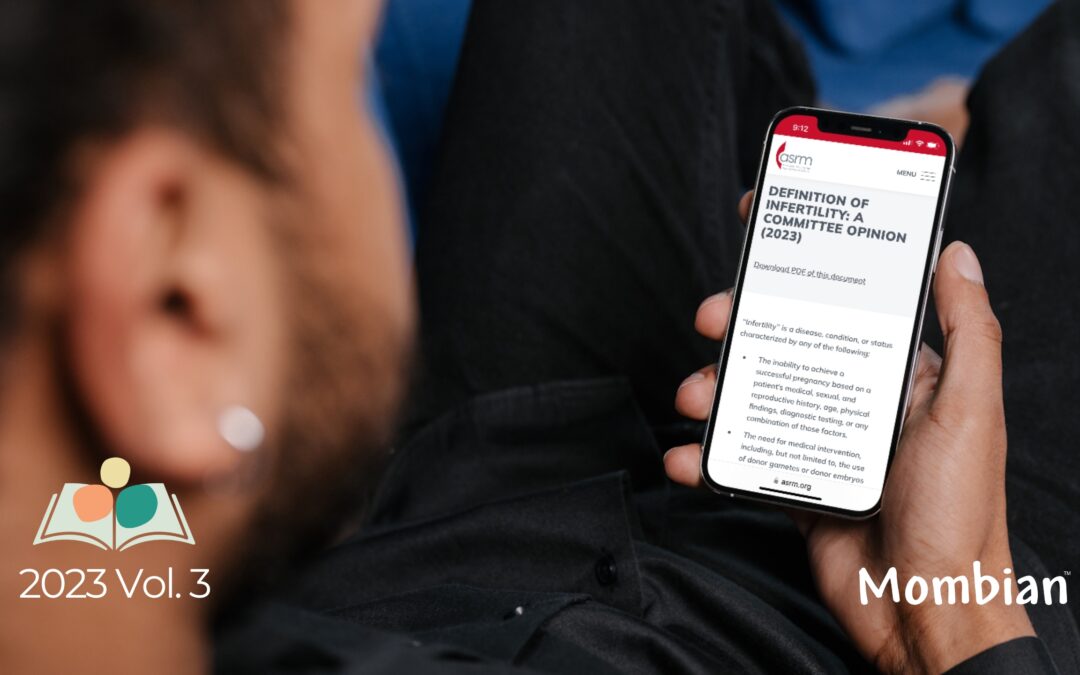Featured in the RNE Magazine, 2023 Volume 3
By Dana Rudolph, adapted with permission from Mombian
The American Society for Reproductive Medicine (ASRM) has updated its definition of “infertility” to make it more inclusive of LGBTQ and single people who seek fertility healthcare. This change could motivate policymakers and insurers to be more inclusive as well, said two experts who spoke with me.
The Need
People may need fertility healthcare for a number of reasons, including problems with their reproductive systems, not having a partner, or not having one with the opposite gamete (egg or sperm). Many insurers, however, only cover such treatment after a medical diagnosis of infertility.
This can mean a requirement to “try naturally” for months before being eligible for treatment (obviously not an option for single people and same-sex couples), or for same-sex couples to pay out of pocket for documented attempts at assisted insemination, while different-sex couples can simply state that they’ve been trying.
Some companies have changed their policies (or, as in a recent case brought by a queer mom against Aetna, been forced to by lawsuit) to cover infertility without such a requirement; many others have not.
Only 21 states plus D.C. have laws mandating any kind of fertility coverage, with only Maine, Illinois, Colorado, and D.C. using definitions clearly and fully inclusive of LGBTQ and single people.

